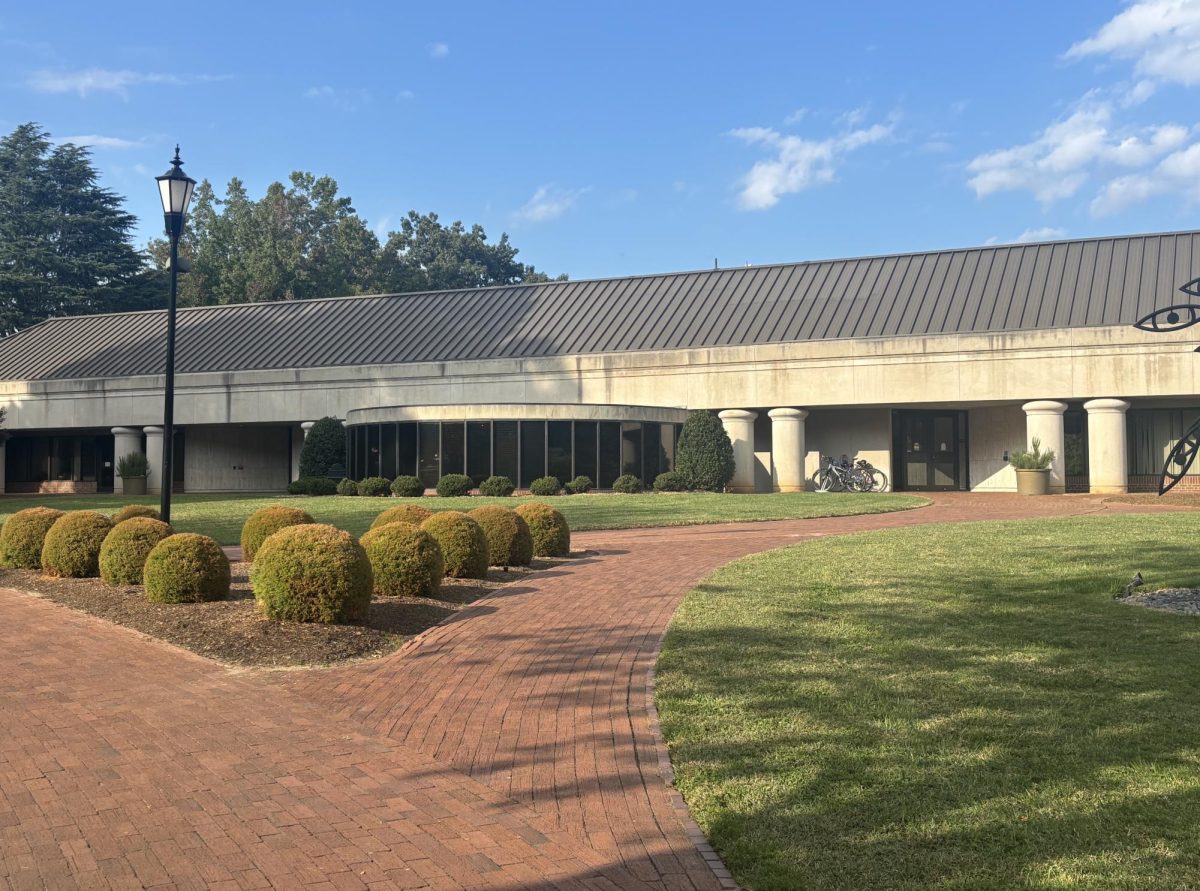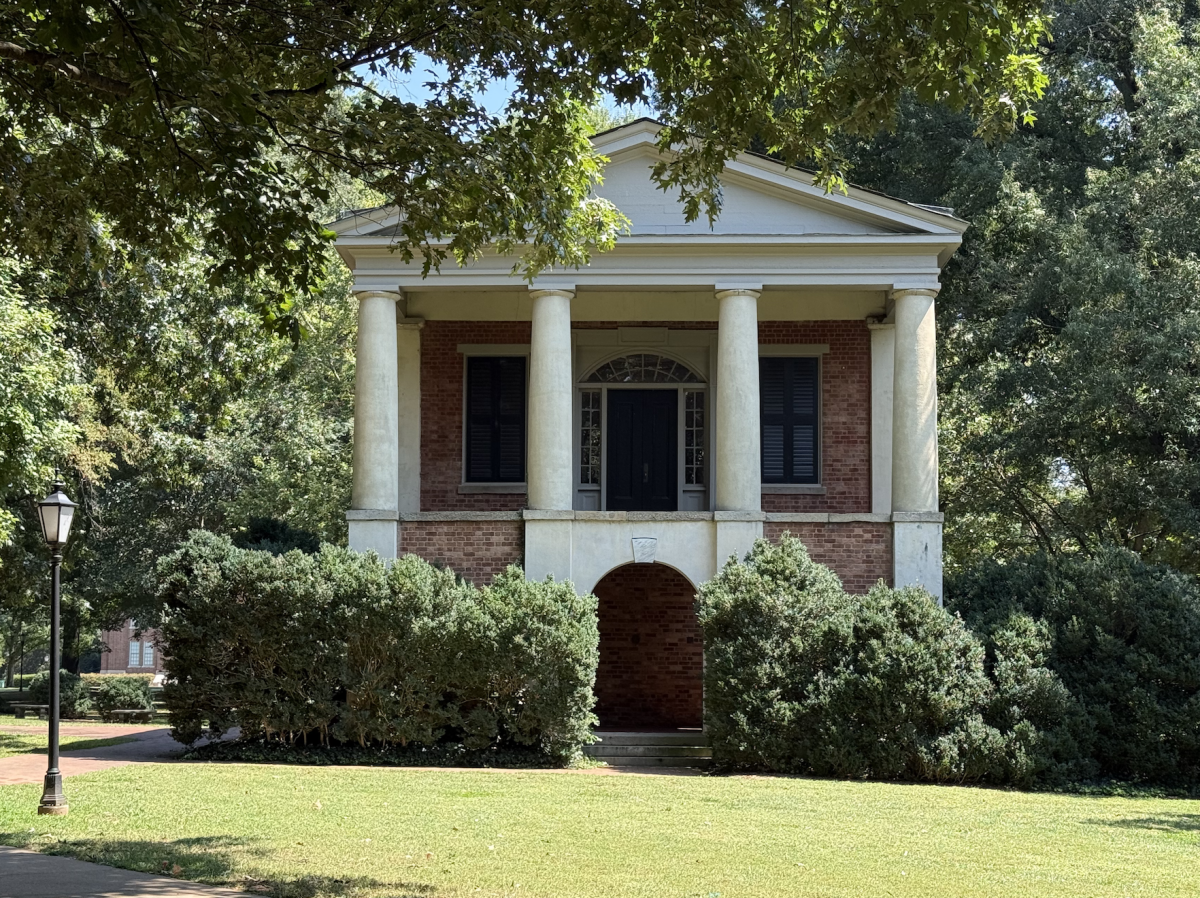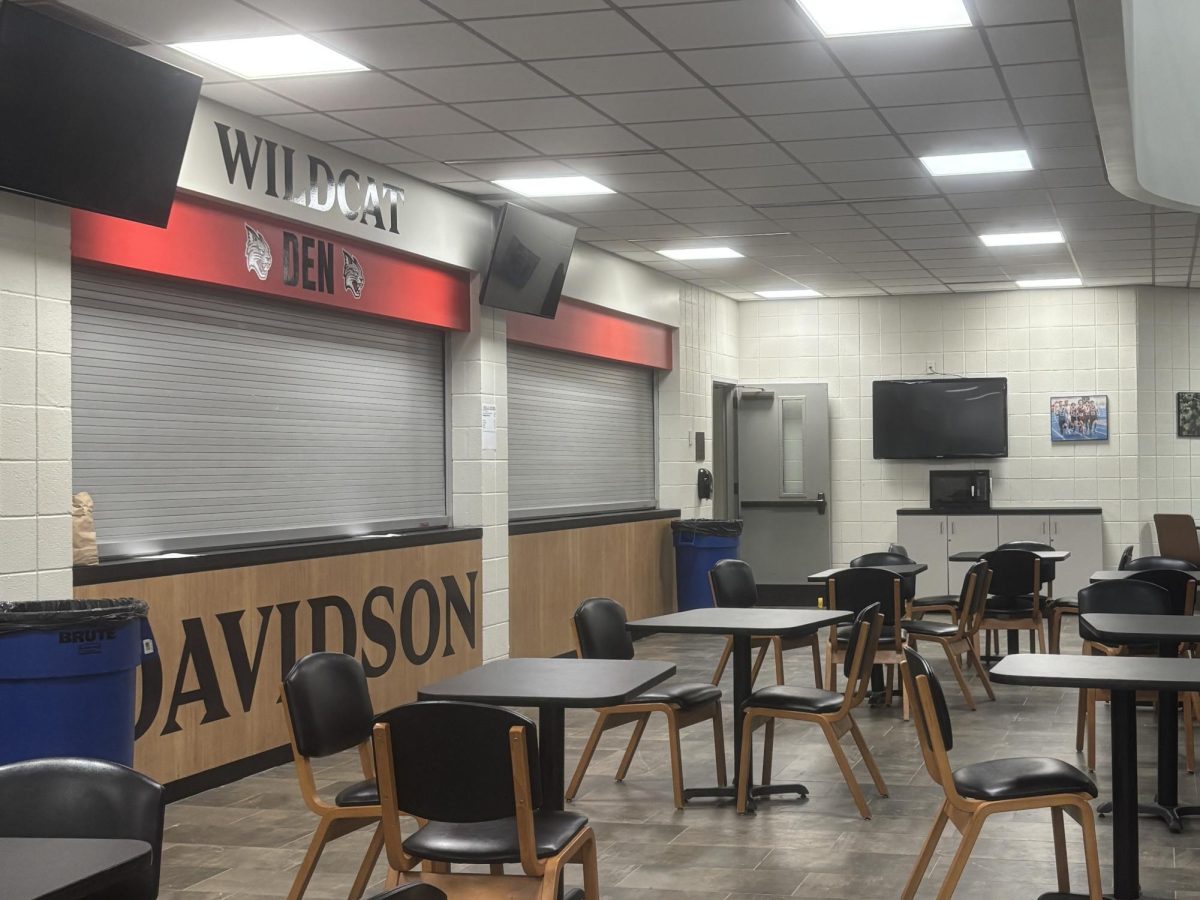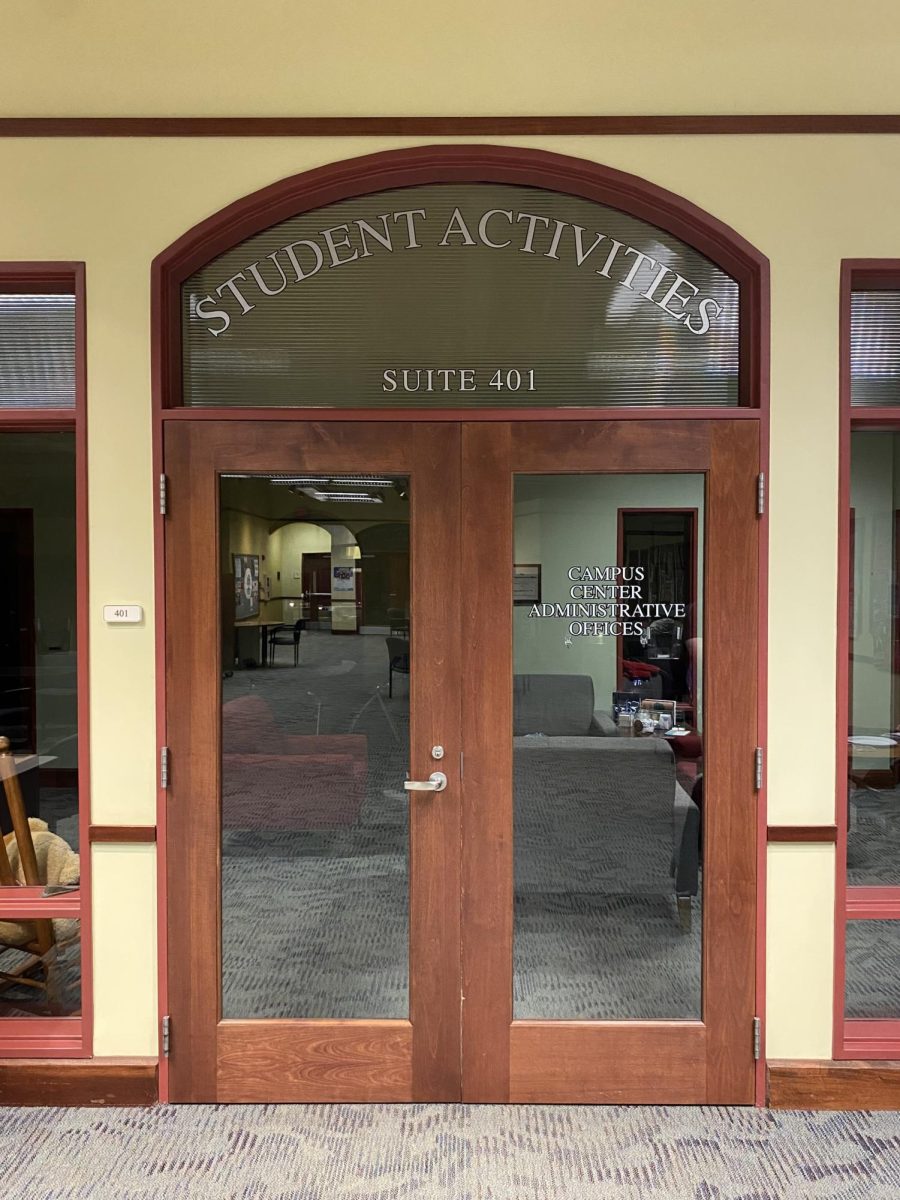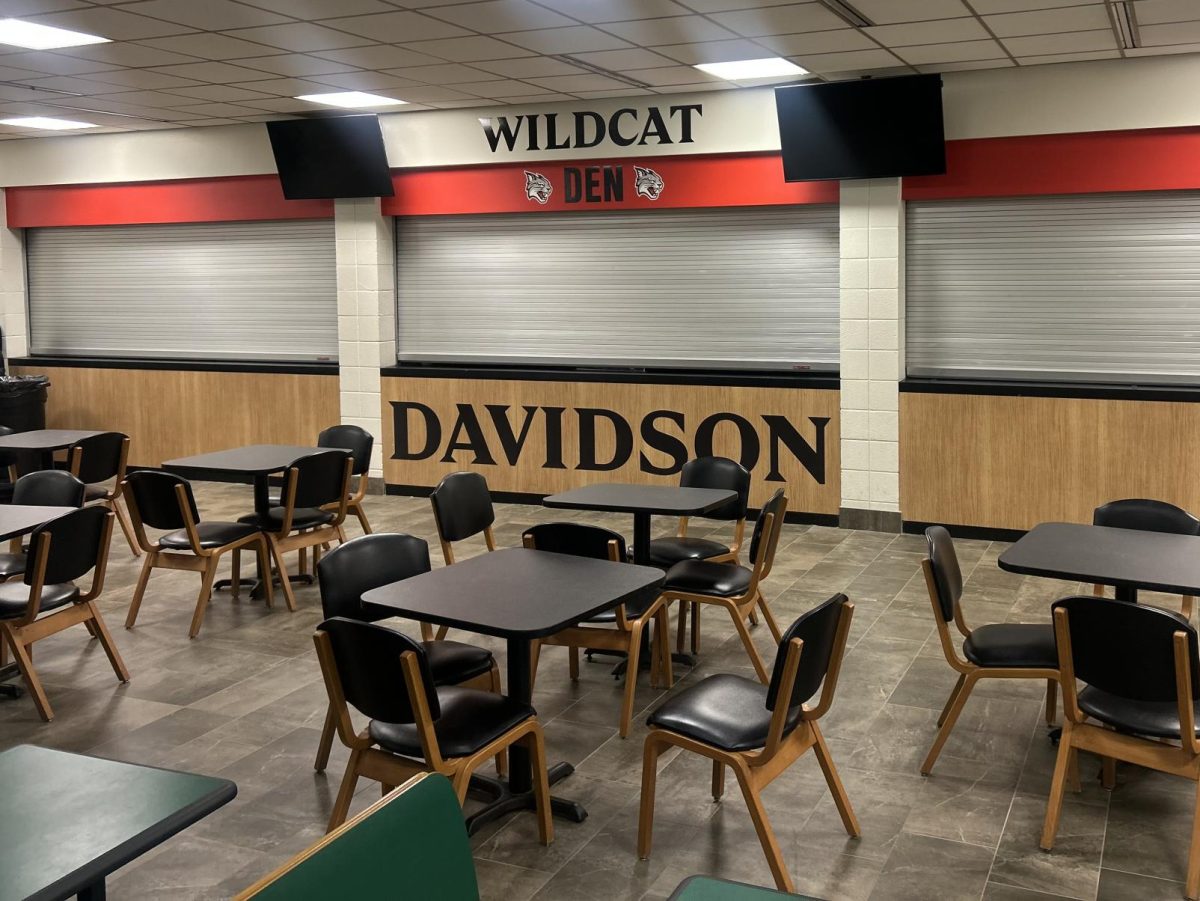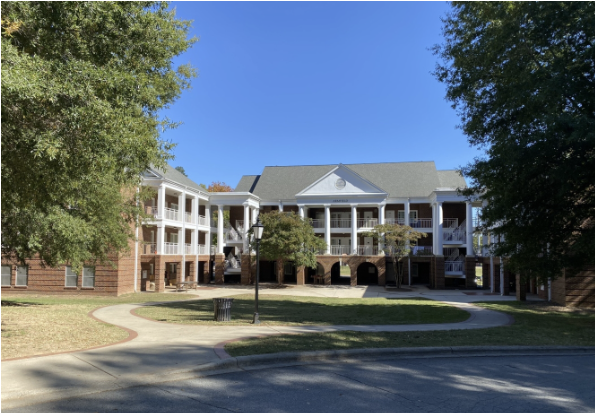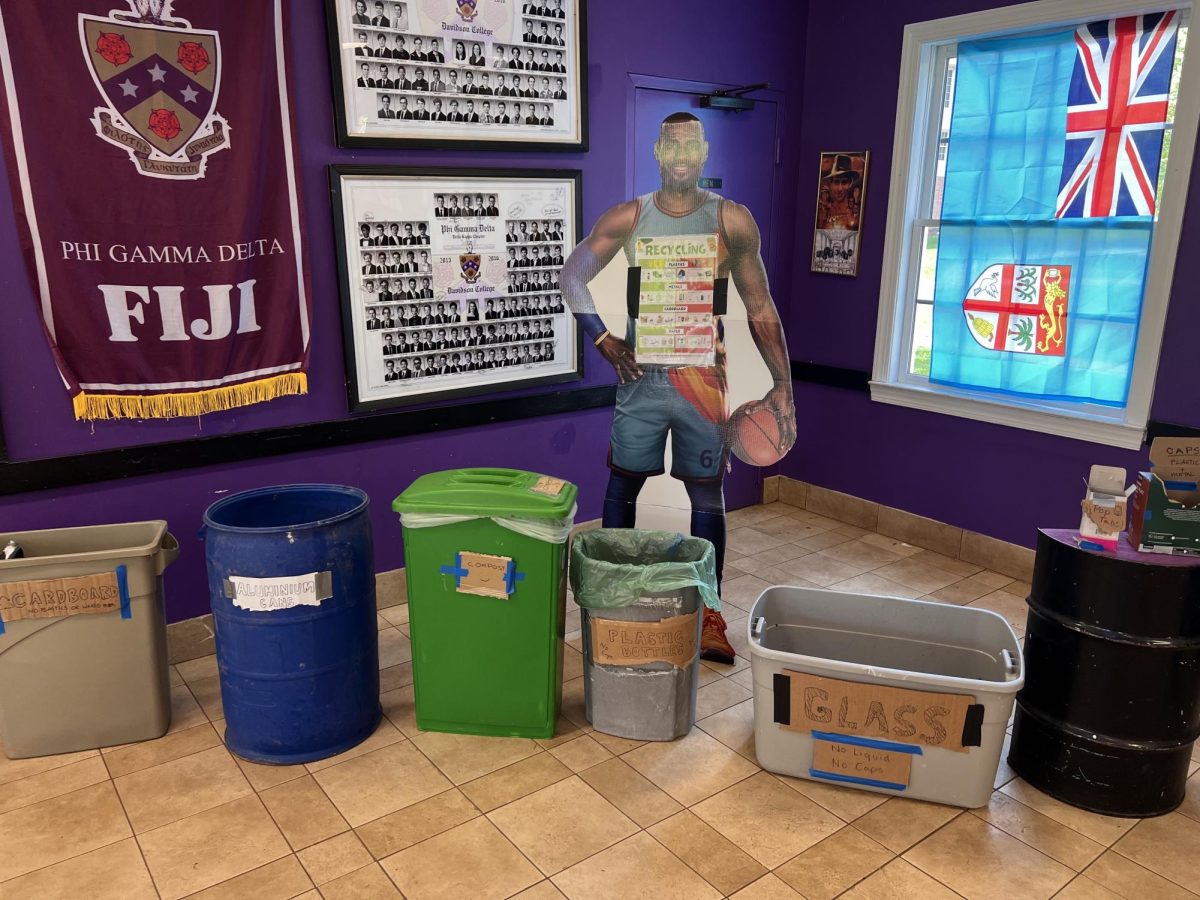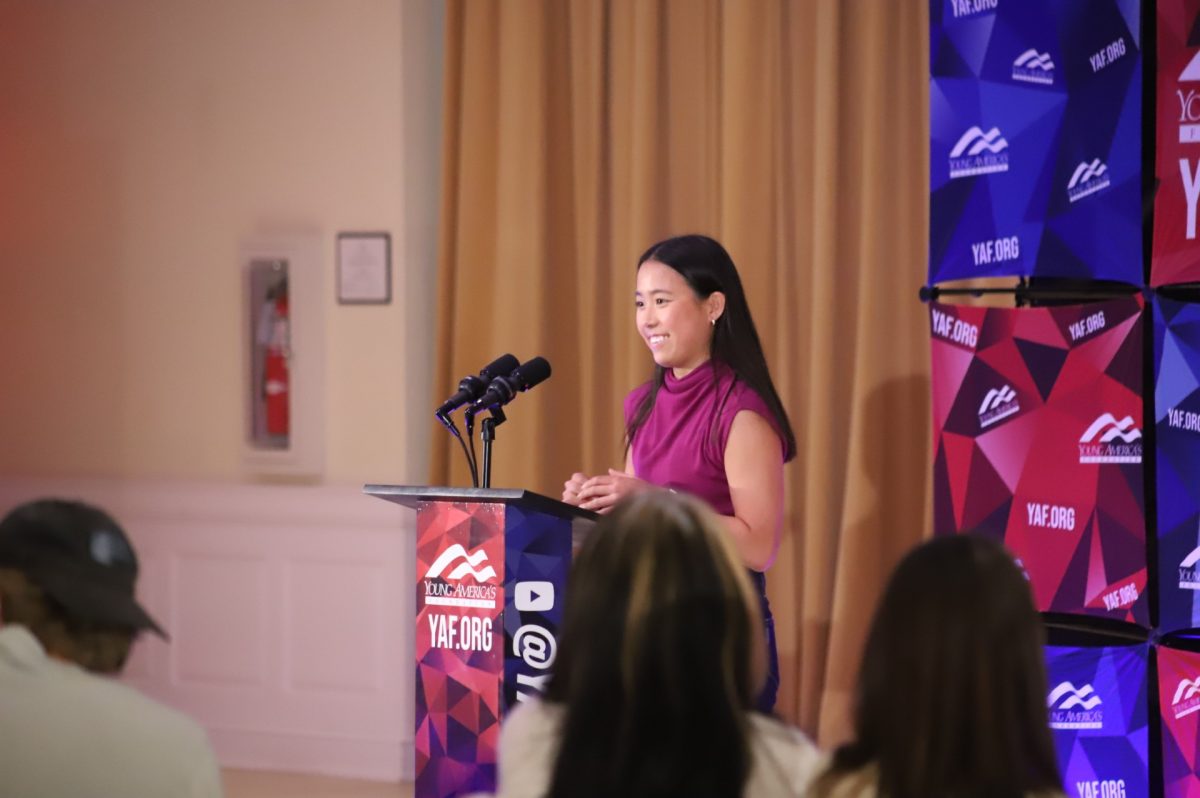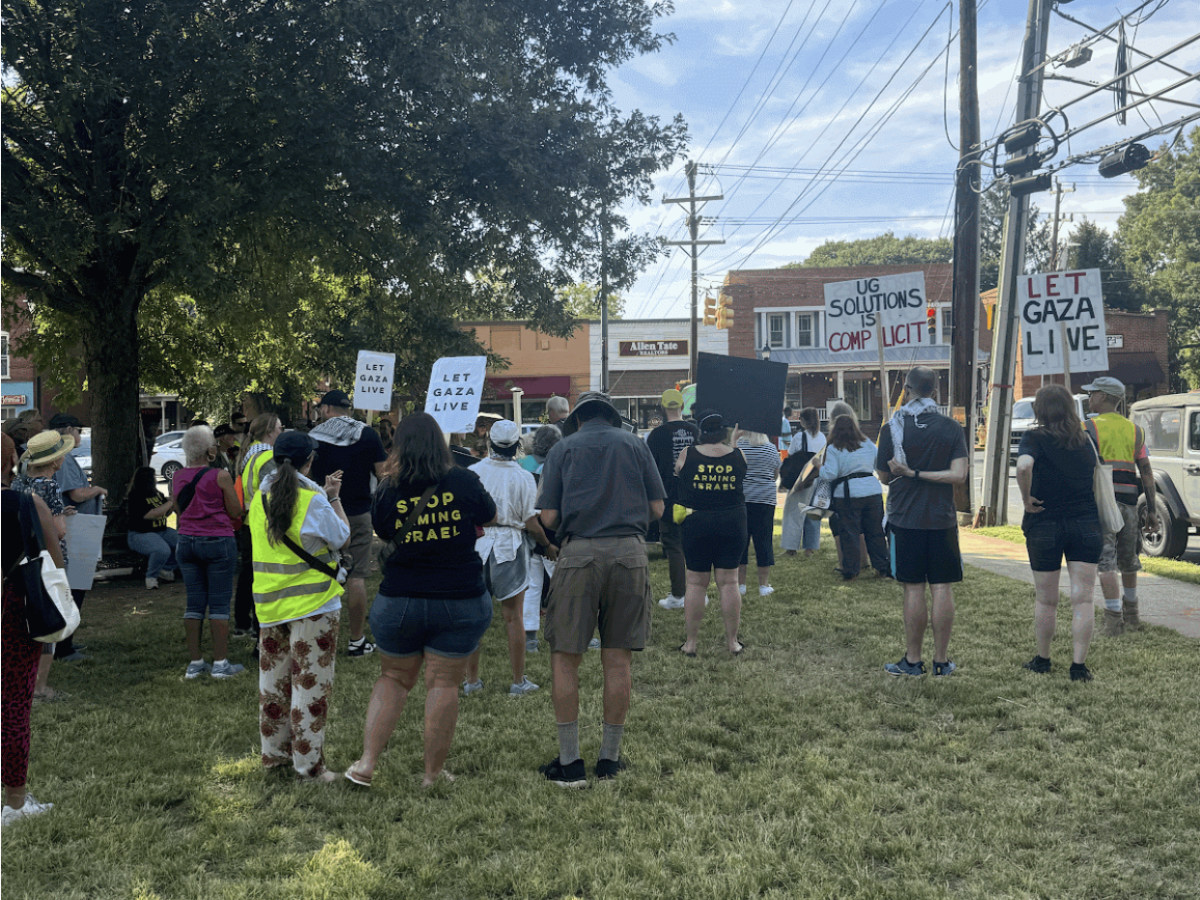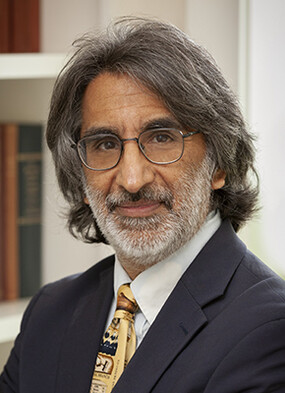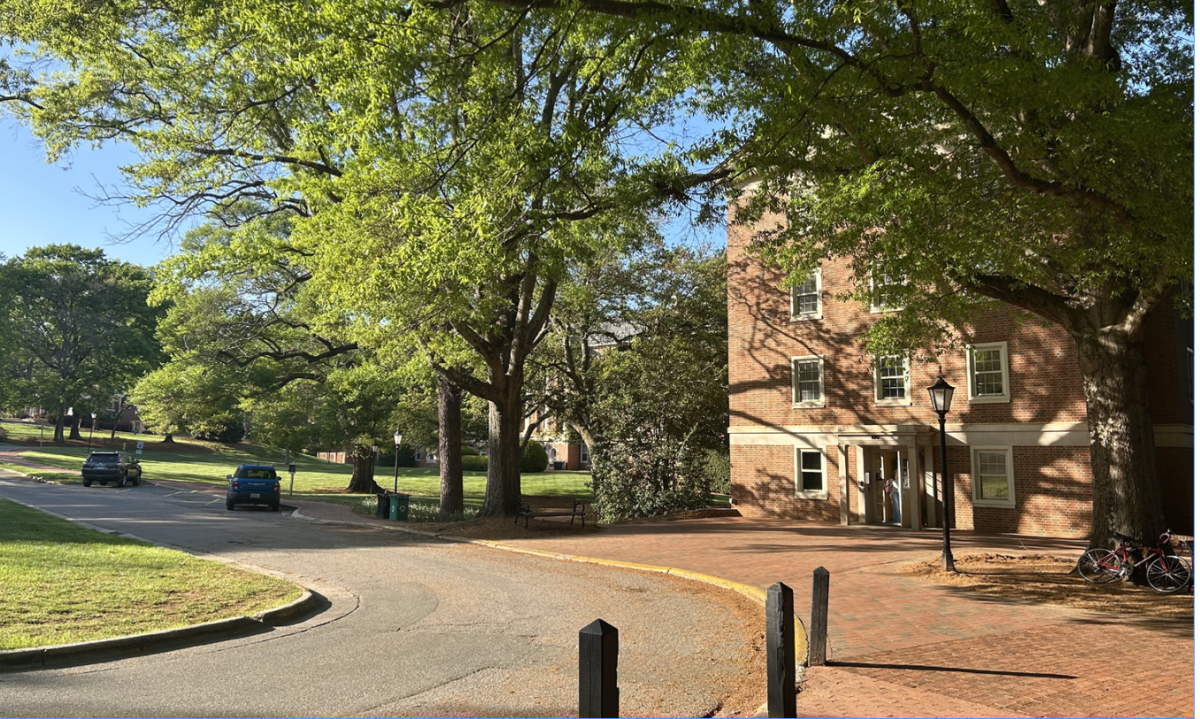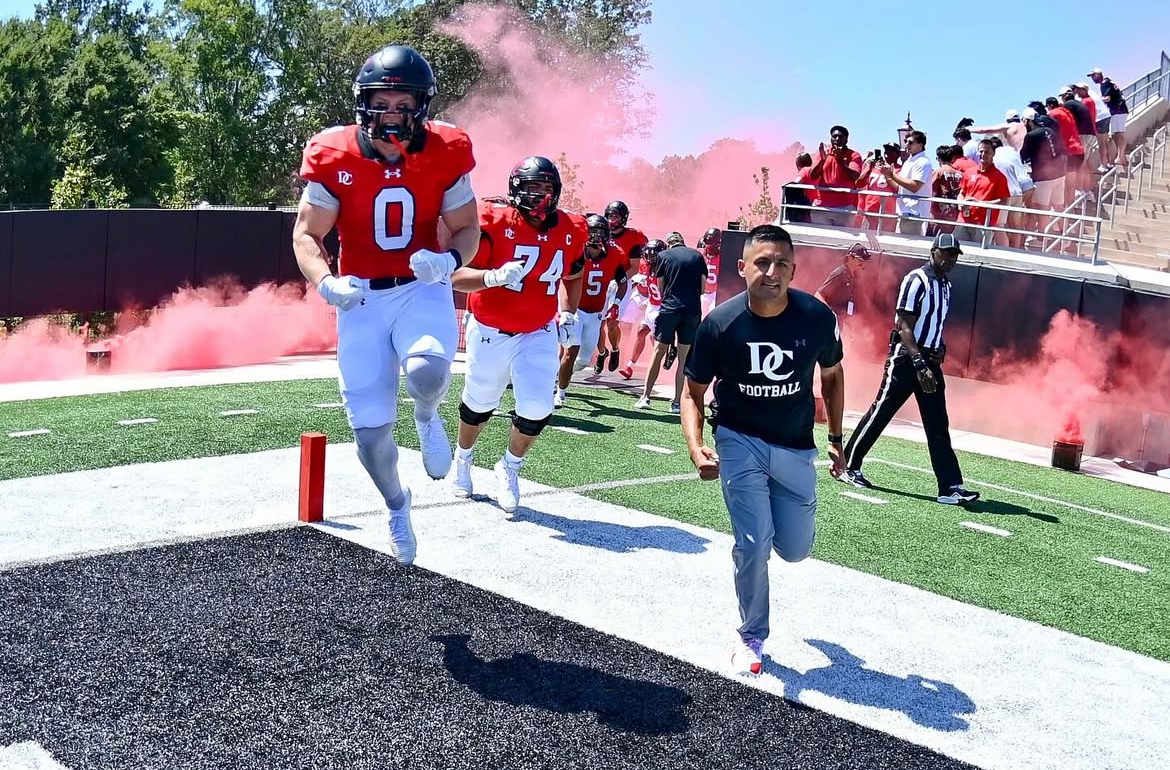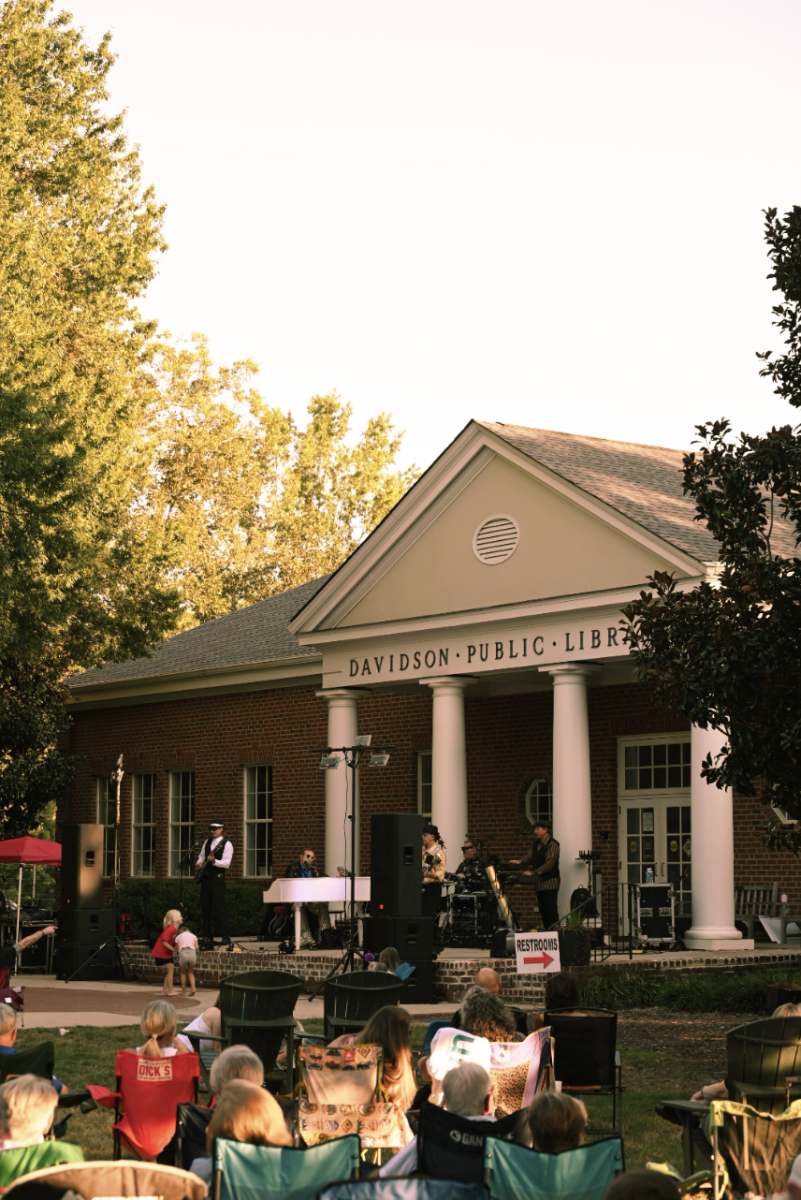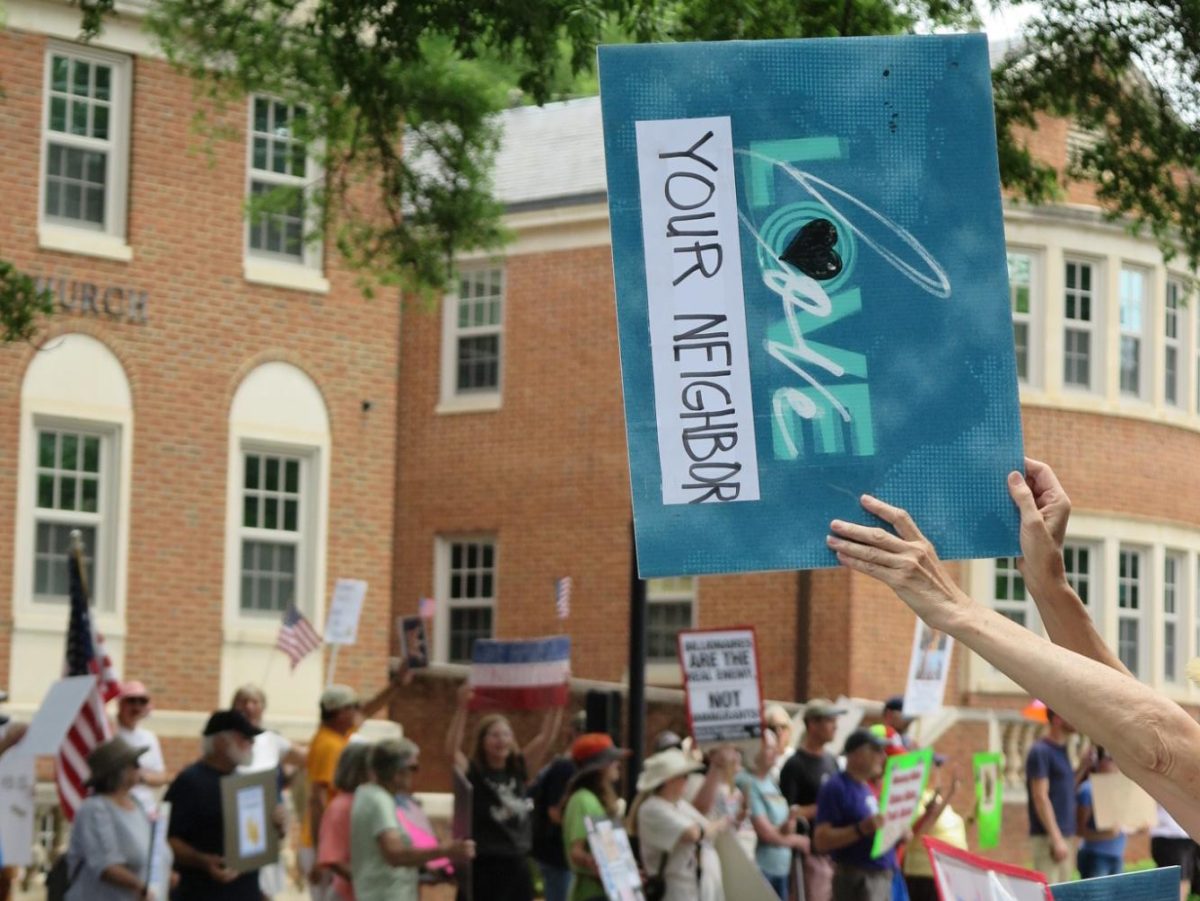A flurry of bills proposed in recent weeks by North Carolina Republicans in the state legislature seek to shape the future of public conversation around LGBTQIA+ identities in the state. Three bills—Senate Bill 516 (SB 516), House Bill 595 (HB 595) and House Bill 636 (HB 636)—address a range of issues from transgender rights to material allowed in public libraries to an expansion of the Parent’s Bill of Rights.
Introduced on March 25, SB 516 would restrict transgender people’s ability to use public bathrooms and prevent them from amending legal documents to reflect their preferred gender identity. This would prevent anyone from seeking gender changes to their birth certificate and driver’s license, even those who present a court order recognizing that they have undergone a sex change.
Hannah Knoll ‘25, a transgender woman, expressed concerns about her ability to obtain documents that reflect her preferred gender. “It’s going to make my life a lot worse,” she expressed.
By blocking the ability to amend IDs, this bill complicates the ability of transgender people to apply for jobs or receive government services without facing confusion or humiliation.
To some students, the bill is a common-sense policy meant to protect women. “I see it more as a safety concern,” Cynthia Huang ‘25, president of Davidson College’s Young Americans for Freedom chapter, said. “I imagine that parents have probably advocated the furthest [for this bill], especially in public schools and that sort of setting […] I think nowadays, there’s so many unisex bathrooms or private bathrooms. It’s not really discriminatory. It’s more just for safety.”
HB 595, proposed on April 1, builds on the 2023 Parent’s Bill of Rights, which prohibited discussion of gender and sexual health in the classroom through the third grade, rolled back vaccine requirements and mandated that parents have the ability to view classroom materials.
HB 595 would extend restrictions on discussions of gender identity or sexual health through the sixth grade and would only permit such content in seventh through twelfth grade with parental permission. It would allow more opportunities for objections to classroom materials and would criminalize librarians that break the guidelines set out by the Parent’s Bill of Rights.
“There can be conflicts between a student’s home environment and how they wish to express themselves at school, so certain provisions of HB 595 can pose challenges to broader school goals of creating safe learning environments for all students, regardless of their background and identity,” Visiting Assistant Professor of Educational Studies Alexandria Marsicovetere said.
Others are encouraged by the devolution of some educational authority to parents. “The schools and the government, whether they’re public or private, [are] serving the parents and their children,” Huang said. “I’m glad that education is being taken down to the local level right now, just because, at the end, the parents are responsible for the kids.”
The last of these bills, House Bill 636, would extend book bans and establish a database for materials rejected for use in public schools. Additionally, it allows parents to pursue legal action against schools that violate the Parent’s Bill of Rights.
Marsicovetere notes that vague language in HB 595 and HB 636 may prompt schools to preemptively remove material to avoid legal penalties. “Fear of litigation and legal penalties may motivate schools to remove certain materials from their libraries and curriculum, even if those materials hold academic merit.”
Associate Professor of Political Science Dr. Melody Crowder-Meyer argues these bills are reflective of an emboldened Republican Party pushing further to the right. Due to their significant majority in the state legislature—which Crowder-Meyer argues can be traced back to decades of gerrymandering campaigns—Republicans can pass policy without Democratic support.
“Republicans in the state legislature can make policy on the basis of what they think will be popular with Republican primary voters as opposed to on the basis of what they think will be popular with a sort of average general election voter in a North Carolina election,” Crowder-Meyer said.


